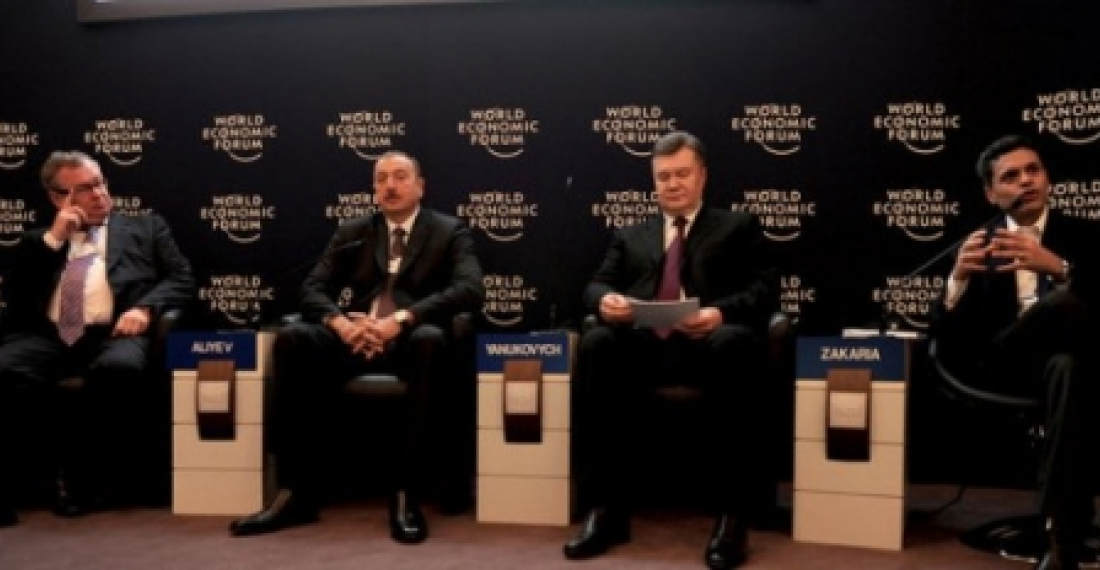Turkey's suave Deputy Prime Minister in charge of the Economy, Ali Babacan was confident and optimistic as he shared a platform with some of the world leading economists at this year's World Economic Forum in Davos. Babacan was part of an impressive Turkish team which included EU Affairs Minister Egemen Bağış, and Central Bank Governor Erdem Başçı that participated in the annual event that usually sets the tone for economic debate around the world.
The pro government Turkish Daily Today's Zaman this morning reminded its readers that under the AK Party government "Turkey saw its budget deficits diminishing to nearly 1 percent of its GDP, while its economy showed almost uninterrupted growth, creating ever more jobs for its young population. In the same period, the government also managed to bring the country's public debt-to-GDP ratio to as low as 40 percent -- compared to an EU average of some 80 percent -- this year from over 100 percent at the end of 2001. The inflation in consumer prices, likewise, came down to 10 percent at the end of last year from nearly 70 percent a decade ago."
Babacan told his audience at Davos that Turkey had faced its own financial problems in 2009, and had adopted different measures from the Europeans."We adopted a very prudent, tight fiscal policy. We didn't think fiscal stimulus would work, and it hasn't worked in Europe." Indeed one of Turkey's problems is to ensure that the economy does not overheat. One key objective is a continuously diminishing public debt-to-GDP ratio till 2015. Turkey's economists hope that the ratio will drop to as low as 32 percent in 2014.
No wonder that the Turkish team were amongst the most optimistic making the rounds of the television studios in Davos this year. According to Todays Zaman "they themselves indicate that the air in the Swiss Alps has helped them grow surer of their own interpretation of the state of national and global matters." “Since Ive seen Davos, I am more comfortable with [our economic growth forecast] of 4 percent [for Turkey's economy this year],” Turkish Central Bank Governor Erdem Başçı told a TV program on Saturday.
Another confident delegation in Davos was that of Azerbaijan, led by president Ilham Aliev. Aliev held a series of bilateral discussions with state and business leaders in the meeting. He also spoke at a panel discussion "On the future of Eurasia" during which he said that his country was paying particular attention to the development of its non oil sector, including ICT.
commonspace.eu with Todays Zaman and The National
photo: Azerbaijan's president Ilham Aliev speaking at a panel on "the future of Eurasia" at the Global Ecomomic Forum in Davos on 28 January 2012 (picture courtesy of the Press service of the President of Azerbaijan).







